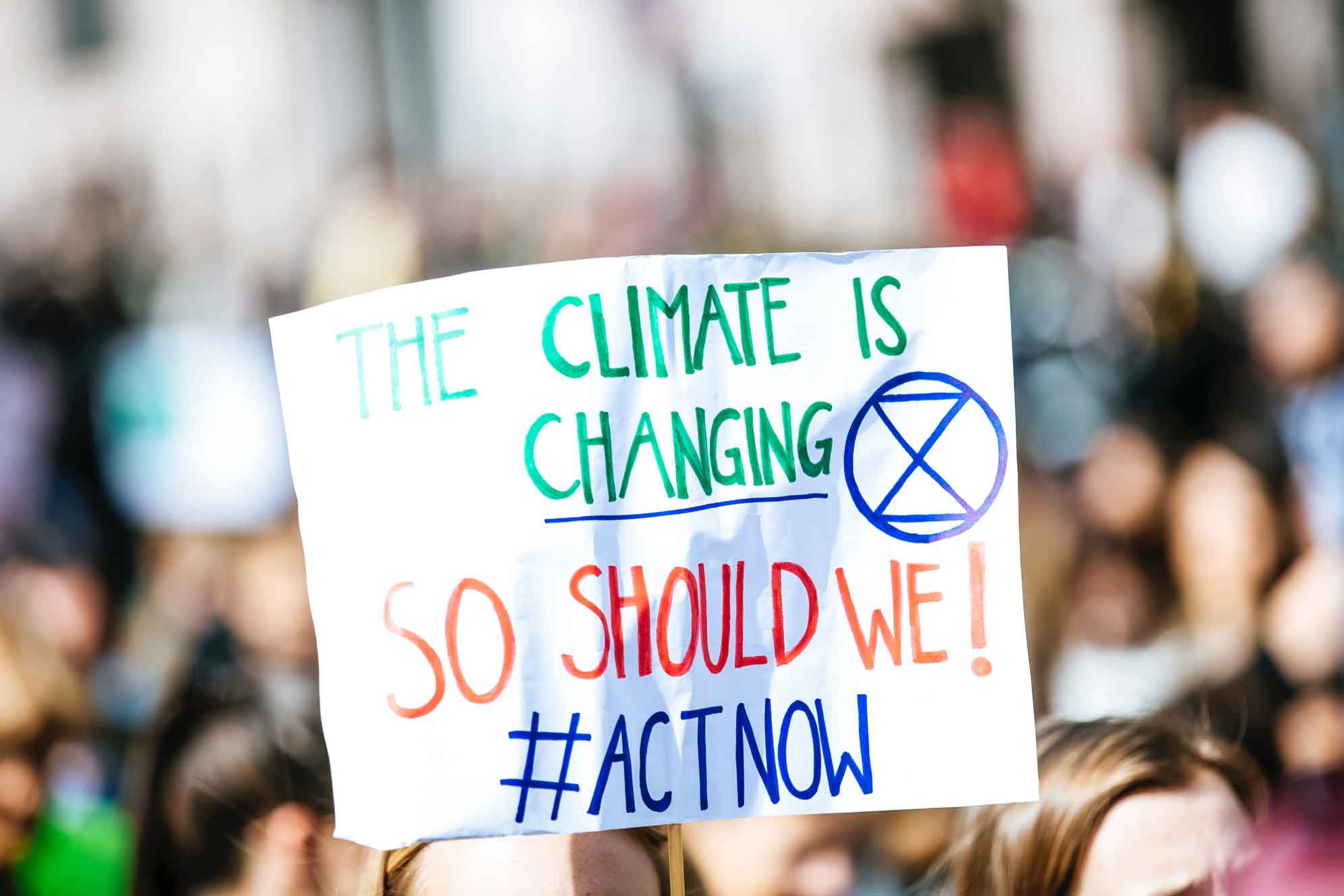Biden’s Plan For Climate Change
The Trump administration has faced serious concerns about environmental degradation, which have been counteracted by flimsy, baseless arguments plotting economic fantasies that overlook environmental resilience and scientist’s warnings on climate emergency. Trump’s era is over and his succeeder, Joe Biden, is set to tackle climate change.
The Trump administration has downplayed the climate crisis whilst impeding world unity towards activating plans that could reduce the pace of global heating. However, Biden’s presidency has proved that a vow for human unity, political consistency and—certainly—an ambitious climate policy agenda can win elections these days.
In July, the newly-elected President announced that $2tn would be invested in climate crisis solutions during his 4-year mandate. His plan aims to decarbonise the electricity sector by 2035, and to commit to net-zero by 2050. Here are the key elements to his plan.
BIDEN’S PLAN TO TACKLE CLIMATE CRISIS
Much of Biden’s plan is to reverse the chaos left by Trump, who ridiculed and downplayed the environmental emergency. Biden’s mandate includes:
100% clean energy by 2035, and net-zero emissions by 2050:
Biden’s goal to fully run on clean energy in the next 15 years is rather ambitious knowing that the USA has the largest reserves of coal on the planet. His mandate will require that such plan is implemented as soon as he takes over the House.
To achieve this, Biden has planned to have zero-emission busses and half a million electric vehicle charging stations by 2030, profiling the US to be a leader of the electric auto industry. His plans match California’s target to have on the road only zero-emission cars and trucks by 2035—a plan that seemed much threatened by Trump’s turbulent administration.
Rejoining the Paris agreement:
The fifth of November, Biden expressed in a tweet, “Today, the Trump Administration officially left the Paris Climate Agreement. And in exactly 77 days, a Biden Administration will rejoin it.” With his election, Biden would work back to back with other world leaders to reduce global heating by about 0.1C.

Infrastructure that abides to new energy efficiency standards:
Biden is committed to invest in refurbishing edifications so they can comply to new standards—not only in terms of energy, but also water usage.
Tackling polluters and others whose actions have affected low-income and black communities:
It has been proved that African Americans are more likely to be uninsured and to live in communities where they are exposed to high levels of air pollution. The new administration will have a focus in expanding access to high-quality education and health care system, and addressing environmental justice and penalising corporates for misconduct.
This plan is backed by new policies on corporation taxation that Trump implemented with the aim to enrich the wealthy class. In summary, Biden’s plan will increase the tax rate on the very rich people and corporations in an attempt to forge social equity.
However, much of these plans can be frustrated if the Democrats don’t win the Senate on January 5th in Georgia. A Republican majority could easily block many of Biden’s proposals since they have the power to pass or turn down legislative bills.
* His plan doesn't ban fracking until alternative fuels can replace it.

THE IMPACT OF HIS PLAN OVERSEAS
Although many of us expected a green recovery from the near world-wide lockdown due to the Covid-19, the pandemic has become the justification to postpone the execution of a climate agenda in the name of the economy. In Europe, only France, Spain, the UK and Germany have formulated recovery packages intended to outweigh harmful environmental impact. If Biden’s budget of $2tn destined to a green recovery is approved, the US would become the biggest investor in a low-carbon future.
In the overall political climate, Biden’s election is already setting pressure on the political agenda of other world leaders. Much has been criticised about Morrison, Australia’s Prime Minister, for lacking environmental policies. With Biden leading a pro-environment agenda, Australia will be most likely forced to adopt similar policies due to domestic pressure. Should Biden’s plan run as expected, Australian goods will be faced with a carbon fee at the border.
Although the Australian government, as many others, feels uneasy to act similarly to the US, it only shows how much power the United States have, reflecting how much of everyone’s future is upon their decisions. Their resolute influence on political matters and disposition over the world’s natural resources can be alleviating or devastating. Biden’s election sets a new era of hope where he, at 77 years of age, chants courageous statements of unity and consistency underlying the next 4-year term mandate.

+ Words: Alejandra Espinosa, Luxiders Magazine Editor
Liberal Arts graduate | Berlin-based writer
Connect with her on LinkedIn or Instagram (@sincosmostura)




